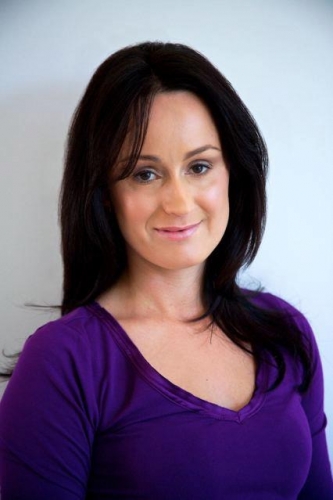Female healthcare workers are more than twice as likely to encounter physical or sexual violence from their partner than other women, according to
a study published in BMC Women’s Health.
The study surveyed over 470 female health professionals and identified one in ten participants had experienced intimate partner violence in the last 12 months. Overall, 45 per cent of the participants reported experiencing violence inflicted by a partner or family member during their lifetime.
Subscribe for FREE to the HealthTimes magazine
“In Victoria, the healthcare workforce is undergoing a massive escalation in domestic violence training and preparedness to work with patients who have experienced domestic violence,” said Elizabeth Mclindon, lead researcher, University of Melbourne.
“More than ever, health professionals are being trained to work with survivor patients, and I think we need to ensure training is sensitive to the personal experiences of the women doing the training.
“We need to encourage survivors to care for themselves as well as their patients,” said Ms Mclindon.
“One woman being sexually or physically abused at the hands of a partner is too many,” Australian College of Nursing CEO, Adjunct Professor Kylie Ward said.
“As a society, we must be appalled and ashamed that nearly half of the women who provide clinical care in our communities, who are there for us and our loved ones when we are most vulnerable, have experienced domestic violence.
“Governments, hospitals, the profession and consumers need to work together to ensure female healthcare workers can access support when they need it.
There needs to be education about available support programs, a culture that destigmatises domestic violence and actively encourages women to seek help, said Adjunct Professor Ward.
It’s also essential to enable female healthcare workers to take leave, speak up and decline to treat a patient if they believe it may impact their health.
Moreover, female healthcare workers should be able to access physical and mental healthcare when they need it without risk of future career repercussions,” Adjunct Professor Ward said.
According to psychologist Emmaline Golding, many theories could explain this high prevalence, but a tendency towards nurturing and ‘rescuer syndrome’ is a likely contributor.
Those who ‘rescue’ get a sense of self-worth by helping those with personal problems and emotional issues. As a result, they can unconsciously choose partners with troubled pasts and violent tendencies, said Ms Golding.
Women in healthcare may also feel more comfortable reporting intimate partner violence, and are more sensitively attuned to the nature of physical and sexual abuse, said Ms Golding.
“A healthcare worker experiencing ongoing violence while treating other women could find that certain situations trigger their emotional response, which could lead to increased distress and a poorer outcome for the patient.
“Sadly, I’ve seen many female healthcare workers who, instead of developing an enhanced understanding of the dynamic between victim and perpetrator of partner violence, have clouded judgment by their personal experience.
They can become one-sided, to the detriment of all involved,” said Ms Golding.
Peter Charleston, a former psychologist at one of Australia’s largest territory hospitals, and author of Closer: 7 Principles of Connectedness, said these results are unsurprising, and he estimates the rate is higher.
“The majority of people don’t want to speak up or acknowledge that this is happening. Once they acknowledge it exists, they feel compelled to do something about it.
“It’s easier to just get on with things, keep busy, try to do better, focus on the kids, career, etcetera,” said Mr Charleston.
It is a common belief that healthcare providers don’t seek the psychological support they need, don’t receive enough debriefing, supervision or therapy to deal with the complex psychological issues of their patients, said Mr Charleston.
“Many healthcare professionals pretend to be resilient, don’t practise self-care and avoid their emotional processing, while pursuing a strong work ethic.
“This is a common scenario when talking to healthcare professionals who come for therapy and coaching, and a common theme when I facilitate self-care programs for university graduates in healthcare,” said Mr Charleston.













